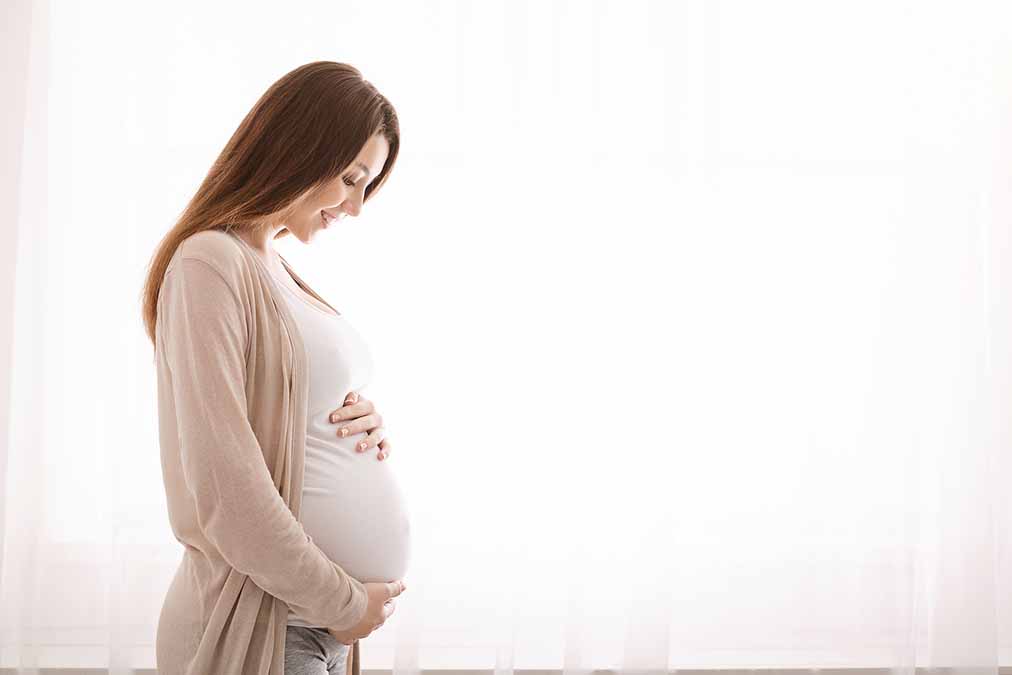 It’s usually things like old age and constipation that cause hemorrhoids, but there isn’t all that much research around on other possible causes.
It’s usually things like old age and constipation that cause hemorrhoids, but there isn’t all that much research around on other possible causes.
An article in the American Journal of Gastroenterology offers one new avenue though: it says that your children may have something to do with it.
The research suggests that vaginal birth may have a lot to do with it.
It’s known that bowel habits change after pregnancy and that women who have given birth well often experience anorectal symptoms (which means those related to the anus and rectum), but little research has been done on the relationship between obstetrics and hemorrhoids.
The authors found this lack of research strange, given that women who give birth vaginally often have major changes in bowel movements and given the disruption to their anorectal anatomy.
To find out whether vaginal delivery made internal hemorrhoids more likely, they analyzed the information of 306 patients with an average age of 57.7 years.
They had all undergone both a colonoscopy and high-resolution anorectal manometry at a medical center between 2013 and 2017. The colonoscopy showed any internal hemorrhoids and the anorectal manometry revealed other anorectal characteristics such as defecation disorders.
The scientists also reviewed their subjects’ demographics, medication use, and obstetric history.
Patients with internal hemorrhoids were indeed older: 61.2 versus 54.8 years old.
Women with a record of prior vaginal delivery were more likely to have internal hemorrhoids than women with no such history: 50 percent vs 36.7 percent of them. This was especially true for those who reported constipation symptoms.
Once they excluded all possible factors that could have influenced their results, they found that women who had given birth vaginally were 2.2 times more likely than their peers were to have internal hemorrhoids.
In addition, older women were 3.3 times more likely than younger ones to struggle with these, while those with constipation had a 2.5 times greater risk of developing them.
One pregnancy-related condition that was not related to the hemorrhoids was dyssynergic defecation, which affects the muscles and nerves of the pelvic floor, making it hard to defecate.
The scientists concluded that the mechanism through which vaginal delivery leads to hemorrhoids is more complex than just a disruption of defecation.
This is no reason to avoid vaginal birth, of course, but it is something to keep in mind and plan for in case it occurs, especially when you’re older.

 Overcoming IBD
Overcoming IBD Multiple Sclerosis
Multiple Sclerosis Banishing Bronchitis
Banishing Bronchitis Gum Disease Gone
Gum Disease Gone Overcoming Onychomycosis
Overcoming Onychomycosis Neuropathy No More
Neuropathy No More The Prostate Protocol
The Prostate Protocol Brain Booster
Brain Booster
 Ironbound
Ironbound
 Solution for Shingles
Solution for Shingles
 The Bone Density Solution
The Bone Density Solution
 The Ultimate Healing Protocol
The Ultimate Healing Protocol
 The Parkinson's Protocol
The Parkinson's Protocol
 The Chronic Kidney Disease Solution
The Chronic Kidney Disease Solution
 Overthrowing Anxiety
Overthrowing Anxiety The Fatty Liver Solution
The Fatty Liver Solution The Hypothyroidism Solution
The Hypothyroidism Solution
 The End of Gout
The End of Gout The Blood Pressure Program
The Blood Pressure Program
 The Oxigized Cholesterol Strategy
The Oxigized Cholesterol Strategy
 Stop Snoring And Sleep Apnea Program
Stop Snoring And Sleep Apnea Program
 The Arthritis Strategy
The Arthritis Strategy The Vertigo & Dizziness Program
The Vertigo & Dizziness Program The 3-Step Diabetes Strategy
The 3-Step Diabetes Strategy Hemorrhoids Healing Protocol
Hemorrhoids Healing Protocol The Erectile Dysfunction Master
The Erectile Dysfunction Master Weight Loss Breeze
Weight Loss Breeze The IBS Program
The IBS Program The Insomnia Program
The Insomnia Program The Migraine and Headache Program
The Migraine and Headache Program The Neck Pain Solution
The Neck Pain Solution The Menopause Solution
The Menopause Solution The Ejaculation Master
The Ejaculation Master The TMJ Solution
The TMJ Solution The Acid Reflux Solution
The Acid Reflux Solution The Fibromyalgia Solution
The Fibromyalgia Solution The Psoriasis Strategy
The Psoriasis Strategy